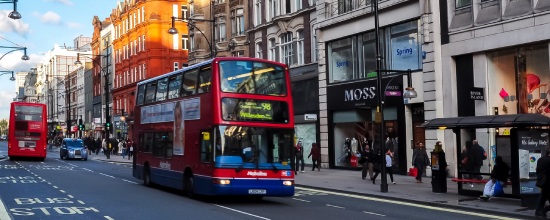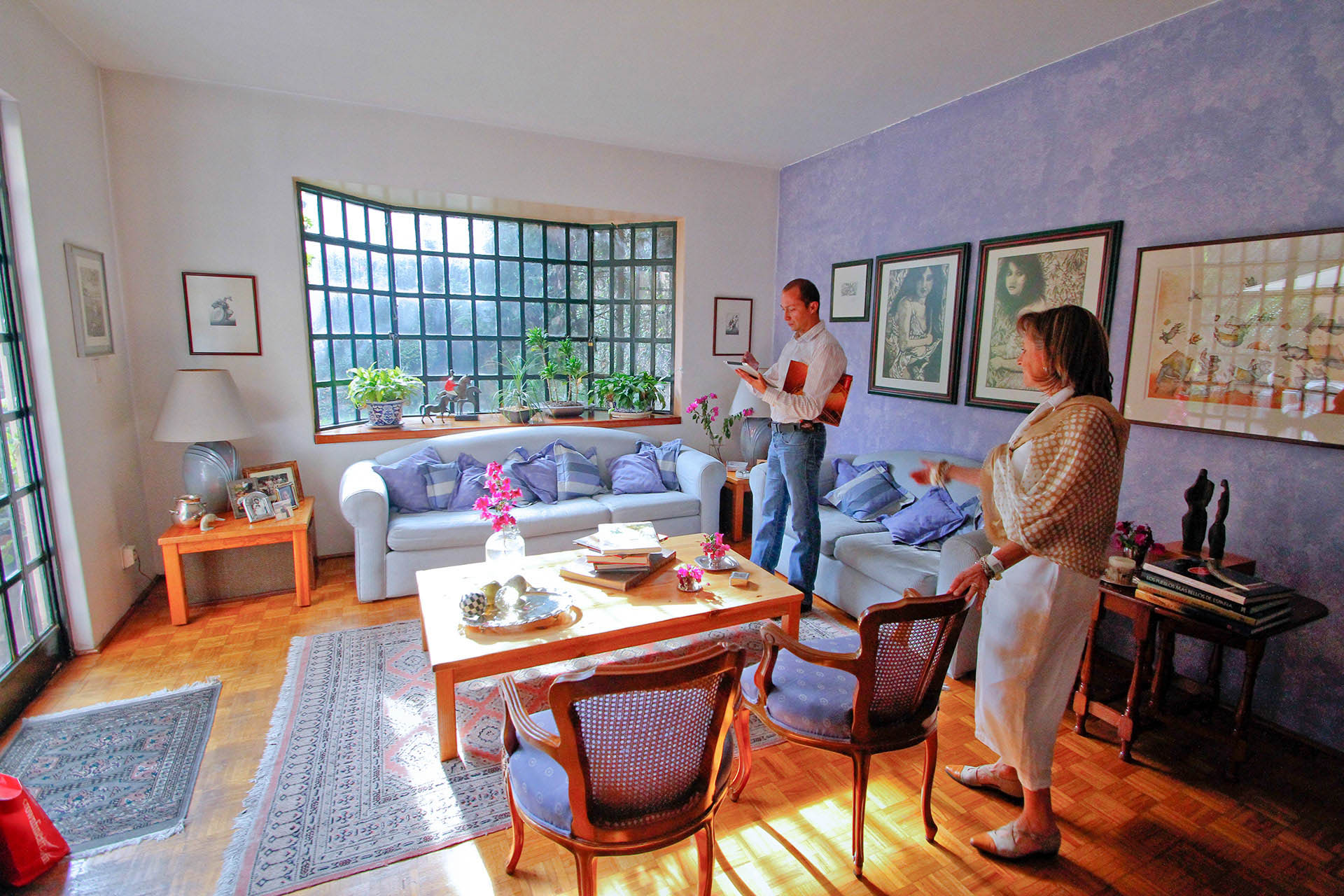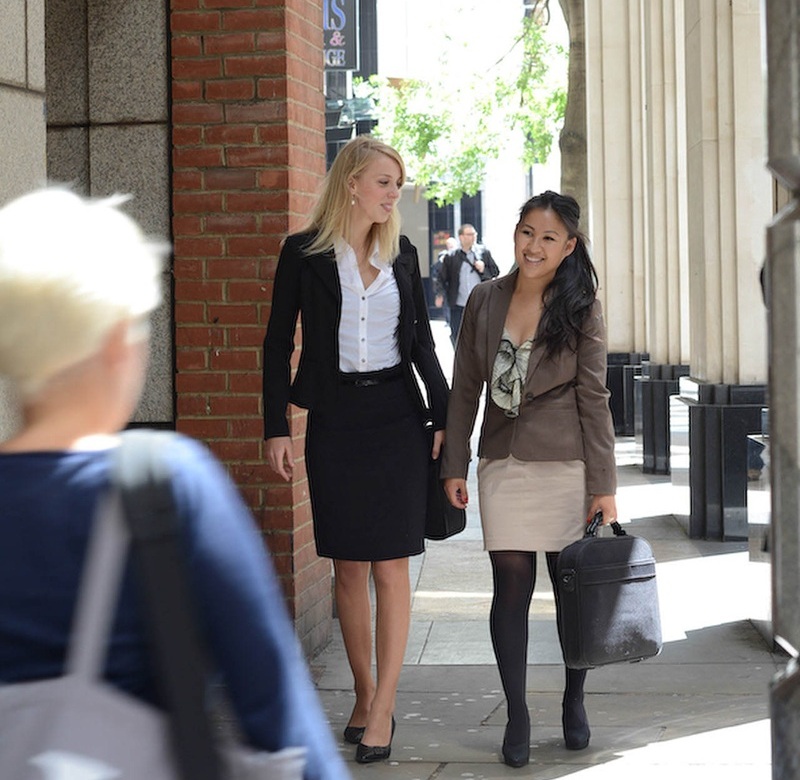Here are the absolute essentials for your move

Visas are Priority #1
The Skilled Worker visa is most common. Start your application months in advance. The GOV.UK website is your must reference.

Budget Seriously
London’s allure lies in its world-class lifestyle. A single person should budget £1,800-£3,000+ per month *after* tax, mostly for rent. Have 3 months’ savings ready.

Location is Everything
Choose your neighbourhood wisely. Consider your commute, lifestyle, and budget. Live further out for cheaper rent, but factor in travel costs.

First Week is a Sprint
Get an Oyster card, a UK SIM, open a bank account (Monzo/Starling are easiest), and apply for your National Insurance Number (NIN).
Finding Work in London
Landing a job is a key step for many. London’s job market is competitive but full of opportunities in tech, finance, creative arts, and more.
Understanding the Cost of Living in the London for Expats

Rent (1-bed flat, outside centre)
Your biggest expense. Flat-sharing (£800-£1,200 for a room) is the best way to save and meet people.

Council Tax
A local property tax. Varies by borough. Students and single occupants get a 25% discount.

Utilities (Gas, Electric, Water)
Energy prices are high, especially in older, less insulated buildings. Budget more for winter. Estimated monthly cost around £150 - £250 per person.

Transport (TfL Travelcard)
Depends on zones covered. Using contactless/Oyster PAYG is often cheaper if you don't commute daily. Estimated monthly cost around £170 - £250 per person.

Groceries
Balance quality and value by shopping at select budget retailers like Lidl or Aldi. Tesco, Sainsbury's are mid-range. A weekly shop at a local market is a great experience. Estimated monthly cost around £250 - £400 per person.
Housing Options and Neighborhoods
Finding suitable accommodation is often the most significant concern. London’s housing market is competitive, diverse, and varies greatly by location.
Where to Live: Best London Neighbourhoods for Expats
Finding your tribe is key to loving London. Each neighbourhood has a distinct personality. Think about your commute, budget, and what “vibe” you’re looking for.
| Neighbourhood | The Attractions |
|---|---|
| Clapham, Battersea, Brixton, Shoreditch | The social heartlands. Expect busy high streets, endless brunch spots, and parks full of people on sunny days. Great for flat-sharing and always having something to do. |
| Chiswick, Fulham, Richmond, Hampstead | Leafy, village-like atmospheres that feel a world away from the city centre. Perfect for long walks, farmers' markets, and riverside pubs. A quieter, more settled life. |
| Notting Hill, Kensington, Marylebone | The London you've seen in movies. Iconic, beautiful, and very expensive. Full of stunning architecture, high-end boutiques, and world-class museums right on your doorstep. |
| Bermondsey, Peckham, Walthamstow, Tooting | Up-and-coming areas with great food scenes, craft breweries, diverse communities, and better value for money. Excellent transport links make the commute manageable. |
Life in London: Getting Around & Your First Week
Relocating to London involves meticulous preparation across many fronts. You’ve already done the hard part — now here’s how to blend in, get organised, and make the most of your new adventure.
Here’s how to get your life admin in order, understand the quirks of London living, and start feeling right at home.
Ready to Begin Your London Chapter?
Moving to London is more than a change of address — it’s the start of an entirely new lifestyle. From navigating council tax to mastering the Tube, every step brings you closer to feeling like a true Londoner. The key is giving yourself time to settle in, explore, and embrace the city’s unique rhythm without feeling overwhelmed.
That’s where Crown Relocations can help. With decades of experience supporting expats and families moving to the UK, we make your transition smoother — from door-to-door moving logistics and customs guidance to home search, school placement, and settling-in support. Our goal is simple: to help you focus less on the stress of relocation and more on enjoying life in your new city.
So take a deep breath, grab your Oyster card, and get ready to call London home — we’ll take care of the rest.

No One Knows Better Than Us.
Get moving with our free moving quote form and let us take care of the rest!


